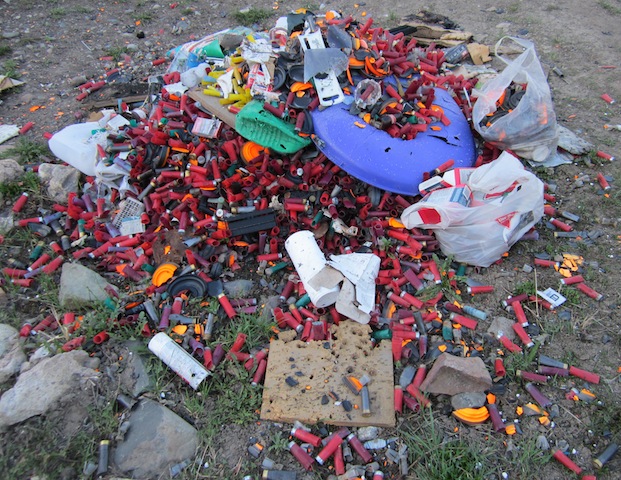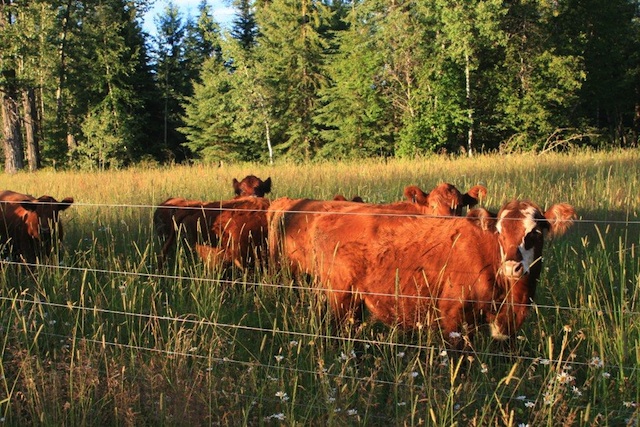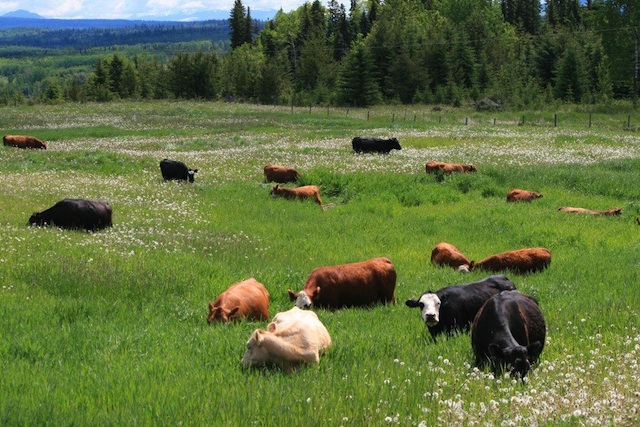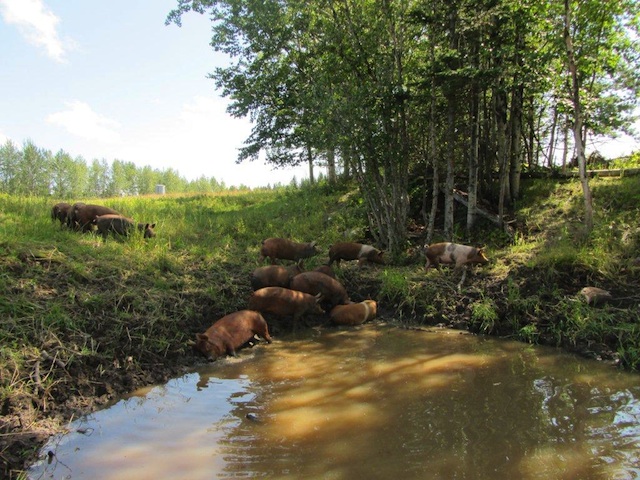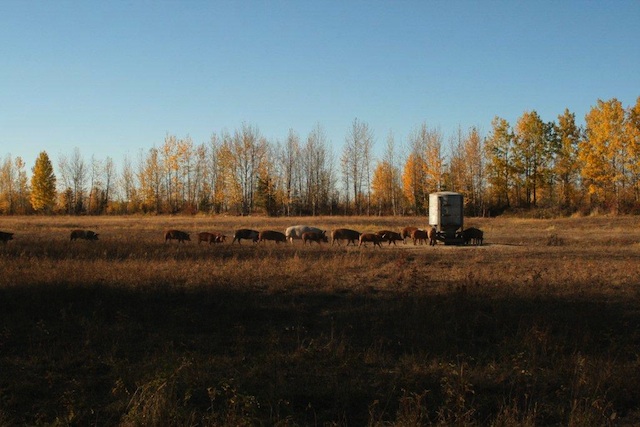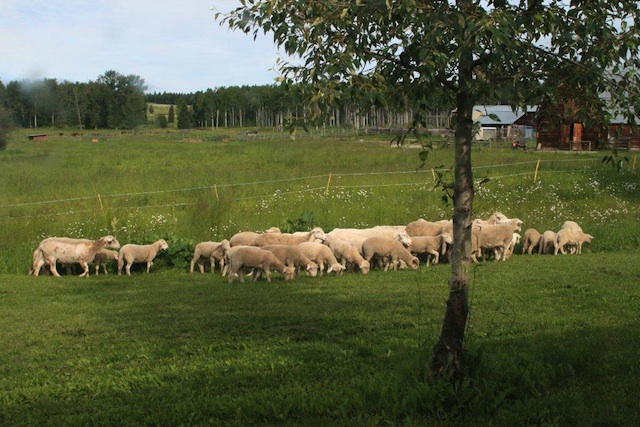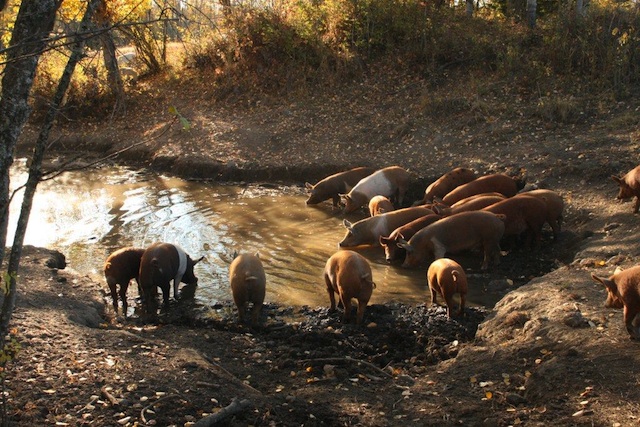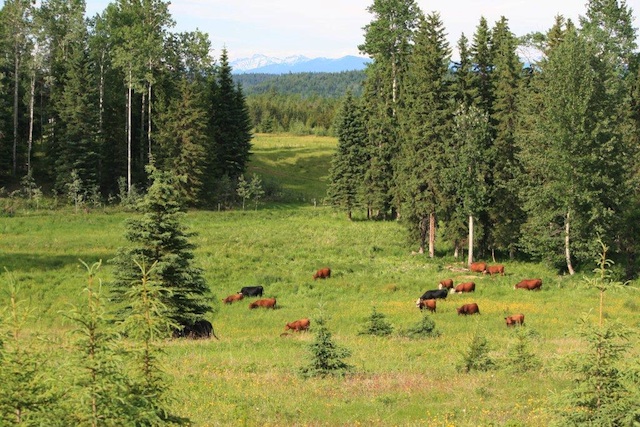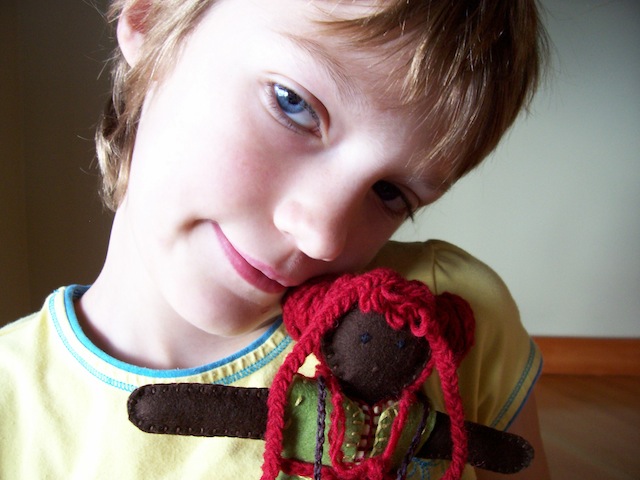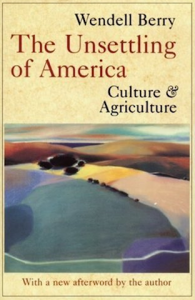“In my household we produce much of our own food and try to do without as many frivolous “necessities” as possible — and yet, like everyone else, we must shop, and when we shop we must bring home a load of plastic, aluminum, and glass containers designed to be thrown away, and ‘appliances’ designed to wear out quickly and be thrown away.”
What Matters? Economics for a Renewed Commonwealth by Wendall Berry
In spring, I seem to be particularly sensitive to the effects of garbage. I have been picking garbage around my home in the Ironmask Industrial Park. I know an industrial park is a strange place to raise a family — but providence has brought me here — and I will take care of the land that I am given.
There appears to be a long history of dumping in Kamloops. I have found numerous dumping spots all around Kamloops. Kamloops being such a dry place means garbage lasts a long time. Metal doesn’t rust very quickly, nor does wood decompose with any vigor, while bones and plastics are bleached white in the sun. I would like to take you on a short walk into the Tragedy of the Commons that is taking place in the Crown Forest Lands behind my home.
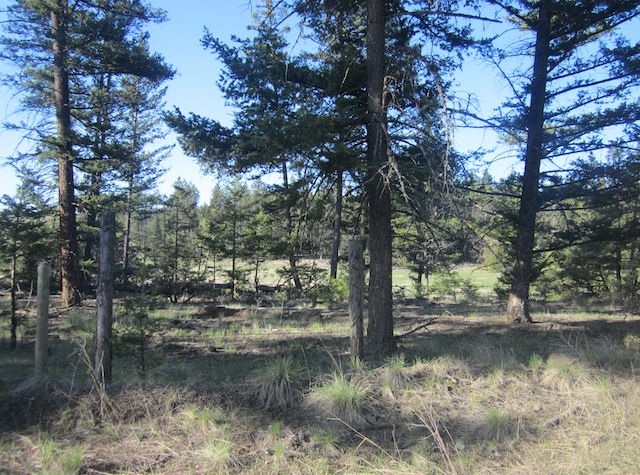
There is nothing like taking an early morning walk in the tranquility of the countryside. Unfortunately, this walk is not as pleasant as it could be.
“I confess that I am angry at the manufacturers who make these things. There are days when I would be delighted if certain corporation executives could somehow be obliged to eat their products. I know of no good reason why these containers and all other forms of manufactured “waste” — solid, liquid, toxic, or whatever — should not be outlawed.”
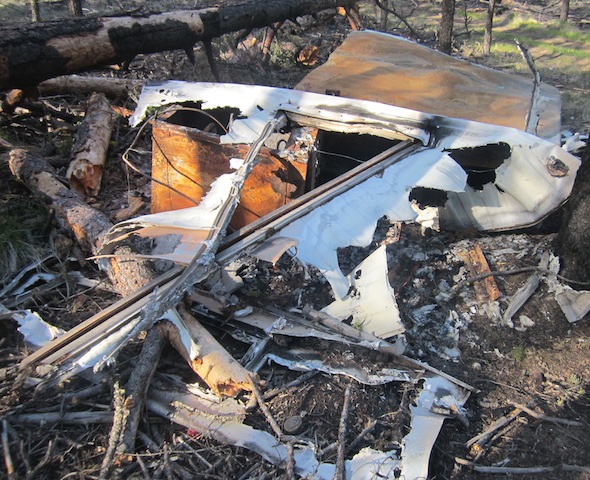
This old camper was set on fire and partly destroyed. Only the metal framework remains but it has the look of something that has been around a long time.
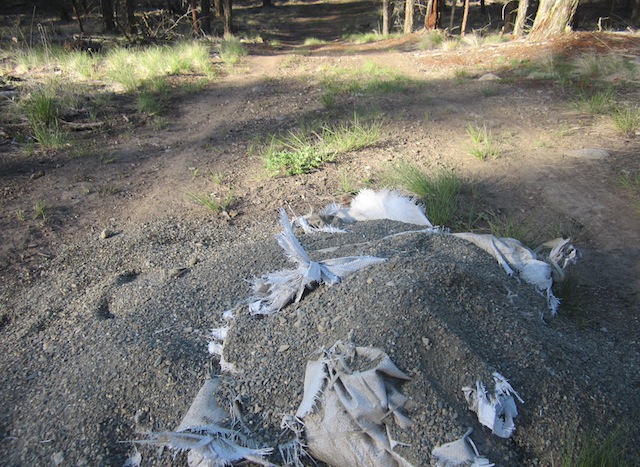
These sand bags were dumped last week into the middle of the road. I wonder if the next vehicle to pass by will bottom-out on the bags.
“Much of our waste problem is to be accounted for by the intentional flimsiness and unrepairability of the labor-savers and gadgets that we have become addicted to… We have made a social ideal of minimal involvement in the growing and cooking of food. This is one of the dearest ‘liberations’ of our affluence.”
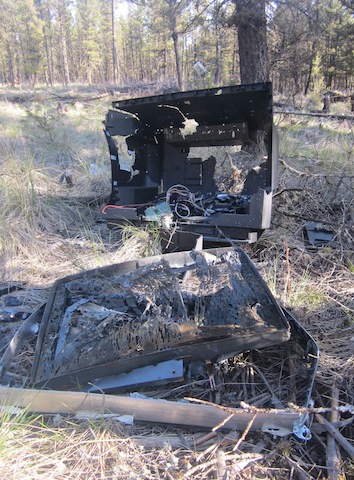
I wonder if this large screened television was once someone’s pride-and-joy. Now it stands sentry as a burnt out wreck in the forest.
“But our waste problem is not the fault only of producers. It is the fault of an economy that is wasteful from top to bottom — a symbiosis of an unlimited greed at the top and a lazy, passive, and self-indulgent consumptiveness at the bottom — and all of us are involved in it.”
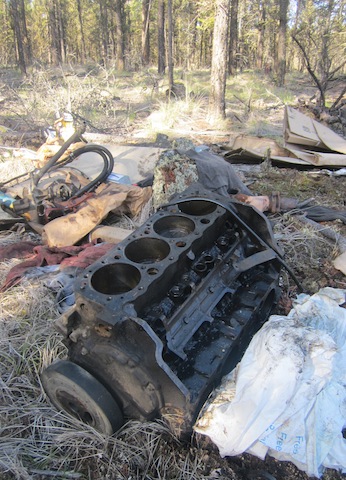
What is the story behind this engine block? Shaen wondered why the person dumped this piece of metal in the forest when scrap metal yards will pay money for steel.
“The mess that surrounds us, then, must be understood not just as a problem in itself but as a symptom of a greater and graver problem: the centralization of our economy, the gathering of the productive property and power into fewer and fewer hands, and the consequent destruction, everywhere, of the local economies of household, neighborhood, and community.”
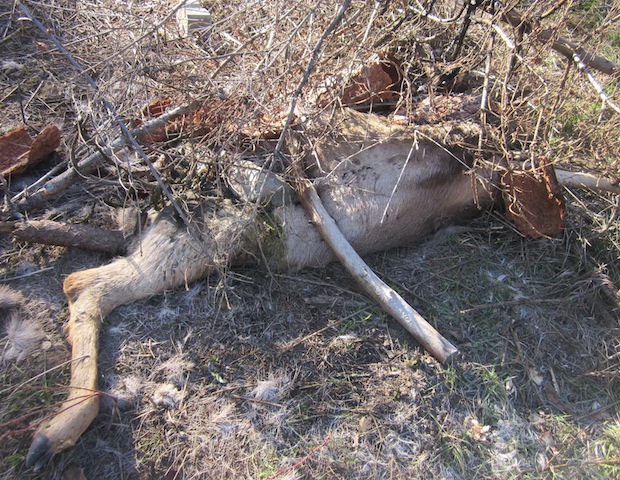
This poor beast with its broken leg just appeared a few days ago. I have no idea how it found itself dumped in with the garbage. Someone came along and tried to burn it but the job was only partly done. Someone is in the woods trying to clean-up this mess but this person can’t seem to keep ahead of the dumping.
“The ecological damage of centralization and waste is thus inextricably involved with human damage. For we have, as a result, not only a desecrated, ugly, and dangerous country in which to live until we are in some manner poisoned by it, and a constant and now generally accepted problem of unemployed and unemployable workers, but also classrooms full of children who lack the experience and discipline of fundamental human tasks, and various institutions full of still capable old people who are useless and lonely.”
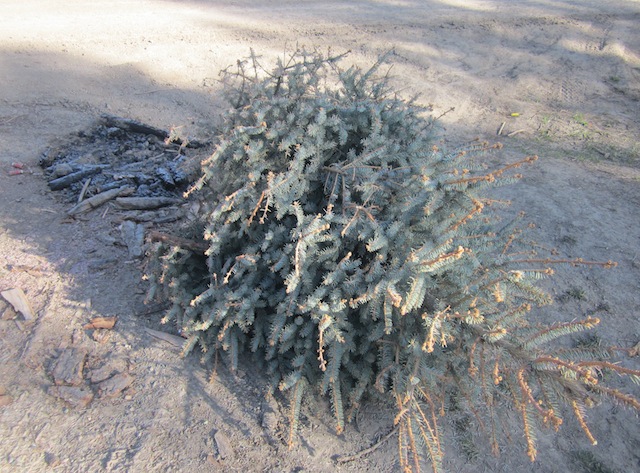
Discarding Christmas trees in the forest makes a lot of good sense because they will decompose over time and make soil. These sad Christmas trees — which I see everywhere — have become a symbol for me of holiday excess and our throw-away culture.
“I think that we must learn to see the trash on our streets and roadsides, in our rivers, and in our woods and fields, not as the side effect of ‘more jobs’ as its manufacturers invariably insist that it is, but as evidence of good work not done by people able to do it.”
I don’t know why there is such a long tradition of dumping in Kamloops. I try to understand why they dump by looking at the garbage and wondering about its story. If someone has a vehicle, why go into the forest to dump when there is the Kamloops Landfill and free recycling in the city?
I want more freedoms for us all. But here in the forest where it’s free, I see sad evidence. Governments point to such behavior and justify taking away everyone’s freedom because a few people act in less than enlightened ways. I don’t have any solutions other than picking up the mistakes of others. I just wanted to share with you what is happening in the forest lands near my home.
If you would like to reduce your waste stream, here is some Solidarity Homework. Here is an essay by Garrett Hardin called The Tragedy of the Commons.
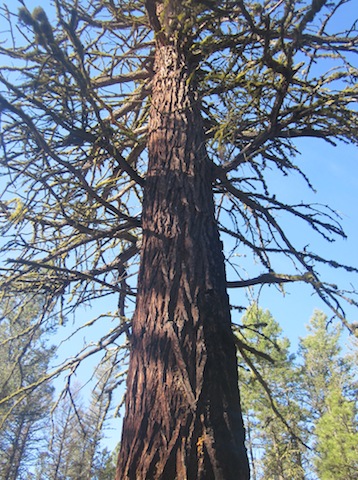
There are some isolated giant Douglas Firs in the forest lands around Kamloops. These isolated trees give us a window into the past. I can almost see the vast grasslands, interspersed by these great trees.
Updated May 4, 2013: Garbage is unsightly, but a more serious Tragedy of the Commons is happening in BC regarding water and fracking.
Last week I was talking with Todd Stone, Kamloops South candidate for the BC Liberals, about his government’s policy to promotion fracking. He says fracking has a forty year history in BC and is totally safe due to government regulations. He told me the problems with fracking can’t happen here in Canada because Canada has the best regulations in the world. I contacted Big Bear Ranch for evidence about fracking damage in Canada.
These two videos are about Jessica Ernst from Rosebud, AB. Jessica Ernst worked for the last thirty year in the Oil and Gas Industry as a Environmental Scientist. The first video is a six minute introduction. The second video is the documentation of the contamination that occurred in Rosebud, AB. Presently, Jessica Ernst is suing EnCana Corporation and the Alberta Government for water contamination. If you want your children to be able to drink clean water please watch both videos.
Updated May 7, 2013: I have just watched a National Film Board documentary called Wiebo’s War. You can watch it online for just a few dollars. Here is more information about the film:
“Wiebo’s War is a feature documentary that tells the story of a man’s epic battle with the oil and gas industry. In the 1990s, natural gas wells were drilled near the home of Reverend Wiebo Ludwig and his clan in Alberta. Soon after, livestock began to die, and the Christian community started experiencing health problems, including a series of miscarriages. After 5 years of being ignored by the oil and gas industry, Ludwig decided to fight for his land and his family’s survival.”
Updated May 9, 2013: I just had to post this pile of shotgun shells. I couldn’t believe the size. It’s piled two feet high, with a diameter of five feet. I could tell that someone was cleaning up the mess.
This morning I met David. He lives up at Lac Le Jeune, BC and comes here every day for a walk and to pick-up garbage. David said that the Thompson Nicola Highway Department will come around and pick-up the pile of garbage. Seeing David’s commitment to the forest makes me want to bring a garbage bag on tomorrow’s walk too.

